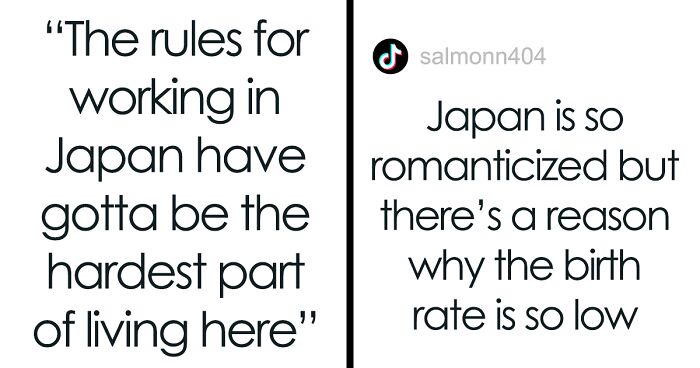
Lady Opens Up About 3 Work Etiquette Rules That Seem Quite Weird But Are Nearly A Must In Japan
Have you ever thought that the modern world has become so damn small? No, the size of the planet has remained the same as before, but our perception of this size has changed significantly. Take Japan, for example. If a hundred years ago it would have taken you weeks just to get there, today planes shorten the journey to hours, and numerous video bloggers make any travel unnecessary at all.
For example, today we’ll tell you about Megan Elizabeth, an American living in Japan and talking about life in this country. And about local customs – which even by the standards of our contemporary small world sometimes seem very exotic to us.
More info: Instagram
The author of the video is an American living and working in Japan and she shares some unusual local work customs
Image credits: the.hito.bito
The first one is that you shouldn’t leave the office before your boss – even when the working day is officially over
So, Megan says that working in a Japanese company is associated with the need to observe many different traditions and customs, and she gives three of them. The first is that you cannot leave work before your boss leaves the office.
Yes, that’s right. While we’re used to the fact that the working day has fixed limits, and working overtime is something out of the ordinary, in Japan, it happens literally at every step. And, as the original poster (OP) says, she has even heard rumors that trains don’t run at night here so that employees don’t stay late at work.
Image credits: the.hito.bito
Image credits: the.hito.bito
The second – when someone else gives you their business card, you should take it with two hands, giving a slight bow
Next, the second unwritten rule that Megan talks about is the art of giving and taking business cards. So, listen and remember carefully. If a Japanese person gives you their business card, you need to take it with both hands, while giving a polite 30-degree bow. And God forbid you then put this card in your pocket!
No, no and no again! You need to carefully read the information on the card to immediately understand who exactly is in front of you, and what level in the hierarchy they are on. For example, so that later, when you find yourself, let’s say, at the same table in a pub, you’ll definitely raise your glass of beer lower than your boss or client, thereby showing that you accept that you’re lower than them.
Image credits: the.hito.bito
Image credits: the.hito.bito
Finally, the author says, companies have regular questionnaires regarding employees’ health
Finally, the third custom is regular questionnaires about the employee’s medical status that must be filled out, and which look quite unusual. For example, a superficial study of the pictograms allows us to assume that the employee may be allergic to cats, dogs… or even houses?
To an American, Megan continues, it seems rather strange for a company to know detailed information about her health, but the local tradition remains a tradition. And since you’re in Japan, you should respect Japanese customs, right?
Image credits: Getty Images / Unsplash (not the actual photo)
Japan has really built a huge economy with its work ethics – but it nevertheless causes serious health issues for many employees
Well, in fact, Japanese work traditions are significantly different from those generally accepted in America and Europe – and in many ways, it was this corporate culture that helped the country build the second economy in the world by the end of the 20th century. On the other hand, the Japanese themselves have repeatedly noted that overwork and the fatigue caused by it have long been a serious problem on a national scale.
Since the ‘70s of the last century, a special term has even appeared in Japan – “karoshi,” meaning death from overwork, often caused by a heart attack or stroke with a background of stress, overwork and malnutrition. Thus, Nippon.com cites data that in 2024 alone, 883 people faced issues with mental health disorders due to overwork.
Image credits: Getty Images / Unsplash (not the actual photo)
“95 percent of my cases used to be middle-aged men in white-collar jobs, but now about 20 percent are women,” Pulitzer Center quotes Hiroshi Kawahito, a Japanese workplace accident lawyer. This quote dates back to 2016, and the situation is unlikely to have changed for the better now.
Image credits: Cory Schadt / Unsplash (not the actual photo)
Statistical data proves that the vast majority of Japanese employees today feel insecure and stressed at work
For example, Statista data indicate that the prevalence of employees feeling severely insecure and stressed in their working environment in Japan reached its highest point in 2022, at 82.2%. It’s quite possible, by the way, that the regular health questionnaires for employees mentioned by the OP are just an attempt by companies to at least partially solve this problem…
You can watch the original video here
@hito.bitoAlways a student, never a master of Japan’s business etiquette♬ original sound – Megan and Ben
In other words, if we’re trying to achieve a work-life balance, then in Japan, the scales still tip toward work. And people in the comments under the original video also note this. “So glad that someone brings this up,” one of the responders wrote. “I’m tired of everyone being like ‘we need to learn from Japan, they live in a utopian society’ as if the work culture and shaming doesn’t exist.”
By the way, some commenters also point out that the business card story as told by Megan is not quite complete. “You have to put the high ranked guy’s card on the top of your business card case on the table so he is above other cards,” someone added. And what do you, our dear readers, think about these work customs?
People in the comments thanked the author for sharing this information and warned others against praising Japanese corporate culture too much
Poll Question
Thanks! Check out the results:
The first one is currently dying out by the way, fúck that noise. When you're done with your shift, you go, as everywhere else. It's still considered etiquette in more old fashioned places, but due to the current issues with Japan, going down surprisingly quickly. My best friend lives there, never did it herself.
I leave at the chime. Japanese co-workers don't say anything, but they will give you looks.
Load More Replies...When I'm paid the same amount of money as my boss, I'll wait until he's ready to leave work before I leave.
You have to work at an archaic old-school company for that first rule to apply. It rarely happens anymore. And if it's brought up, it's considered a form of powahara )power harassment).
Also, the little house icons mean she's allergic to house dust.
Load More Replies...The first one is currently dying out by the way, fúck that noise. When you're done with your shift, you go, as everywhere else. It's still considered etiquette in more old fashioned places, but due to the current issues with Japan, going down surprisingly quickly. My best friend lives there, never did it herself.
I leave at the chime. Japanese co-workers don't say anything, but they will give you looks.
Load More Replies...When I'm paid the same amount of money as my boss, I'll wait until he's ready to leave work before I leave.
You have to work at an archaic old-school company for that first rule to apply. It rarely happens anymore. And if it's brought up, it's considered a form of powahara )power harassment).
Also, the little house icons mean she's allergic to house dust.
Load More Replies...
 Dark Mode
Dark Mode 

 No fees, cancel anytime
No fees, cancel anytime 











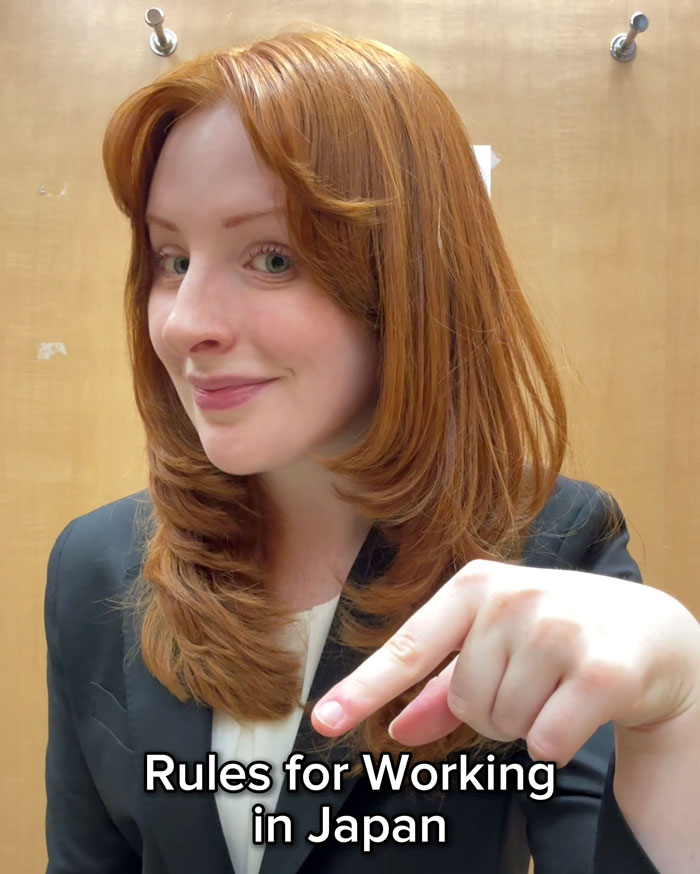

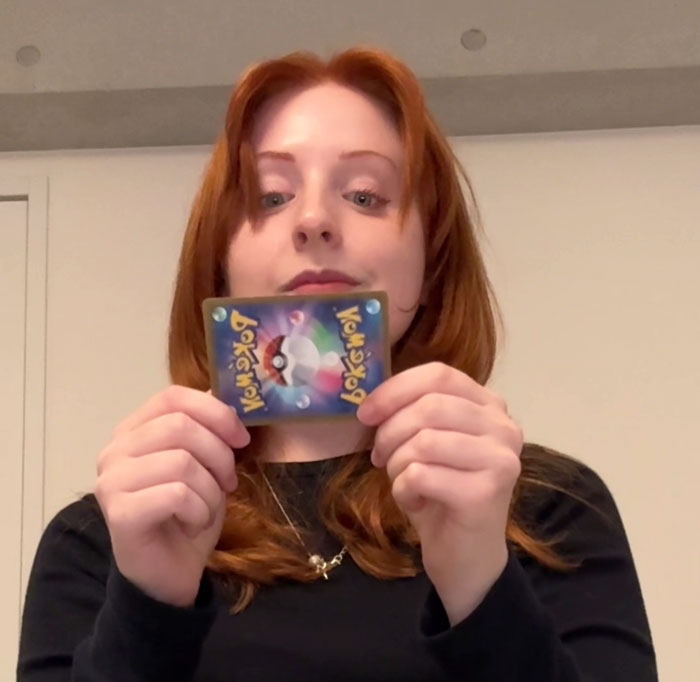
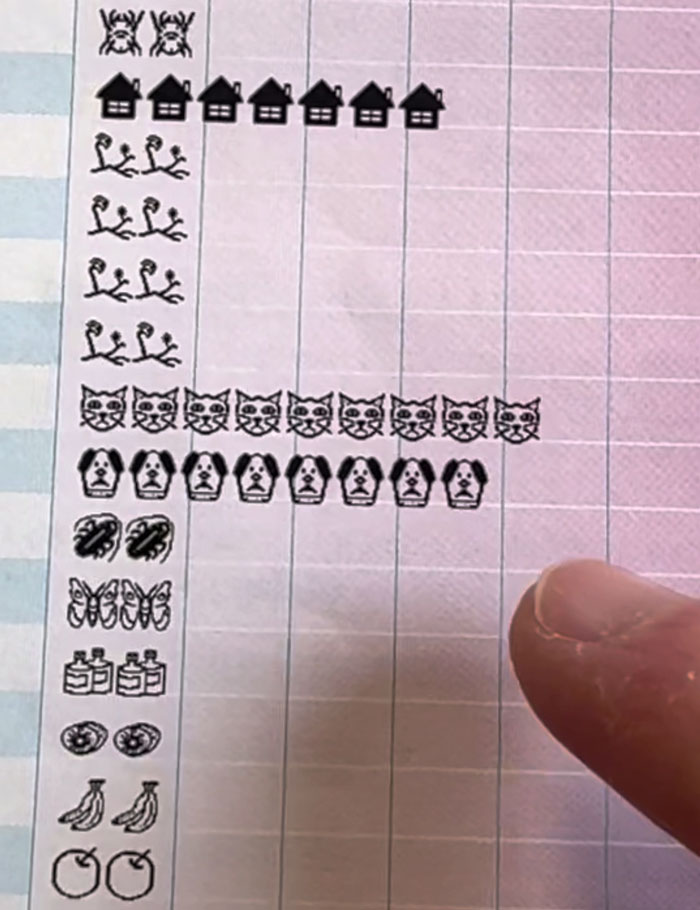














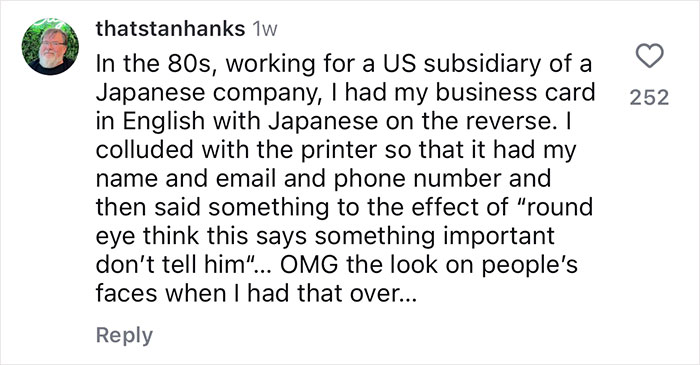



























9
16